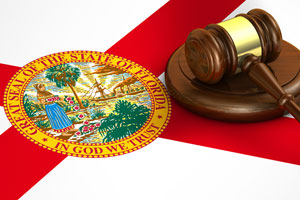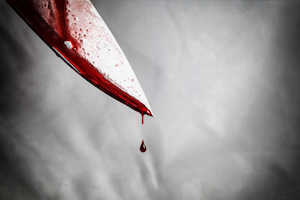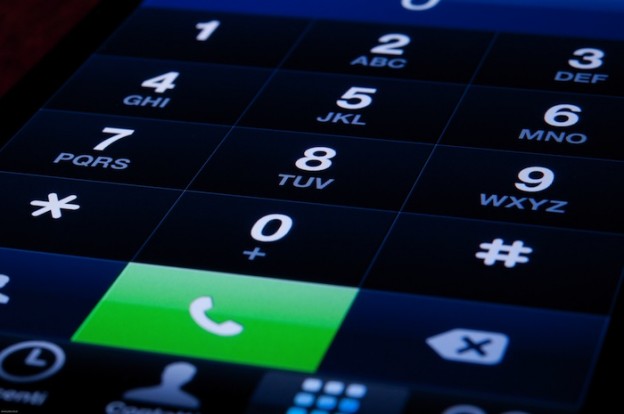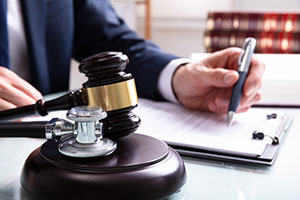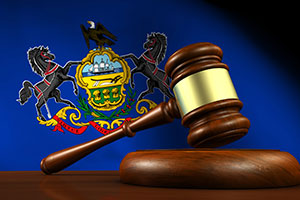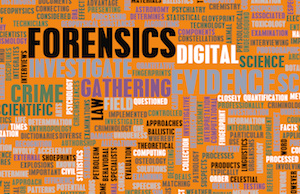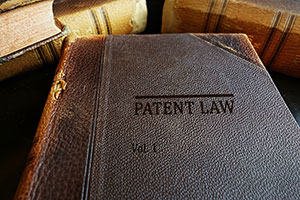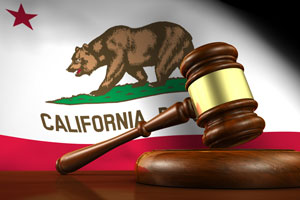University of Florida President Kent Fuchs has assembled a task force in the wake of recent controversy after three tenured political science professors were denied requests to serve as expert witnesses in a voting rights lawsuit that has made national headlines.
A High-Profile Voting Rights Case
Plaintiffs in the Florida voting rights case are challenging a new elections law, alleging that it discriminates against Black and Latino voters. The new law (SB 90) will make it harder for Florida Residents to vote by mail. Governor Ron DeSantis signed SB 90 this spring, after approval by Florida’s Republican-controlled Legislature. Secretary of State Laurel Lee and Attorney General Ashley Moody along with supervisors of elections have been named as defendants.
Changes include Florida’s restriction of voting drop box hours, resubmission of vote-by-mail requests for each election cycle, and increased voter identification requirements and limitations on who can deliver vote-by-mail ballots (which is problematic for elderly, disabled or house-bound voters). Critics of the law, including voting rights organizations like the ACLU and the NAACP, are calling SB 90 a voter suppression law.
University Decision to Block Professors from Testifying Garners National News, Leads to Professor Lawsuit
Professors Sharon Austin, Michael McDonald and Daniel Smith were to testify in the federal lawsuit as plaintiffs’ witnesses. However, according to a court document filed by the plaintiffs, the University of Florida told the professors that “outside activities that may pose a conflict of interest to the executive branch of the state of Florida create a conflict” for the school, and prohibited Austin, McDonald and Smith from testifying. This decision attracted national criticisms.
University leadership subsequently took steps to walk the decision back, stating that professors could work as paid expert witnesses in the case on their own time and with their own resources. Fuchs created a task force and scheduled seven meetings to assess the University’s practices “regarding requests for approval of outside activities involving potential conflicts of interest and conflicts of commitment.”
Around this time, the professors filed a lawsuit against Fuchs and other university leaders, citing a stifling of First Amendment rights. They stated in their 18-page complaint that the job role of “public university professors and researchers is not to be mouthpieces for a particular administration—or any administration’s—point of view. It is to develop and share their knowledge with the people of Florida while upholding the university’s values.”
“I don’t think there are clear definitions right now in the written policies at least, about what is a conflict of interest, what is an ‘outside activity,’ and I think some clarity would be helpful going forward,” stated Laura Rosbury, Dean of the school’s Levin College of Law and task force member.
What Does this Mean for Expert Witnesses in Higher Education?
While most institutions of higher education have policies recognizing the value of academic freedom, the future of academic expert witness testimony remains unclear. The result of the professors’ lawsuit may set some precedent.


